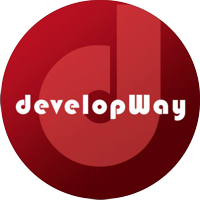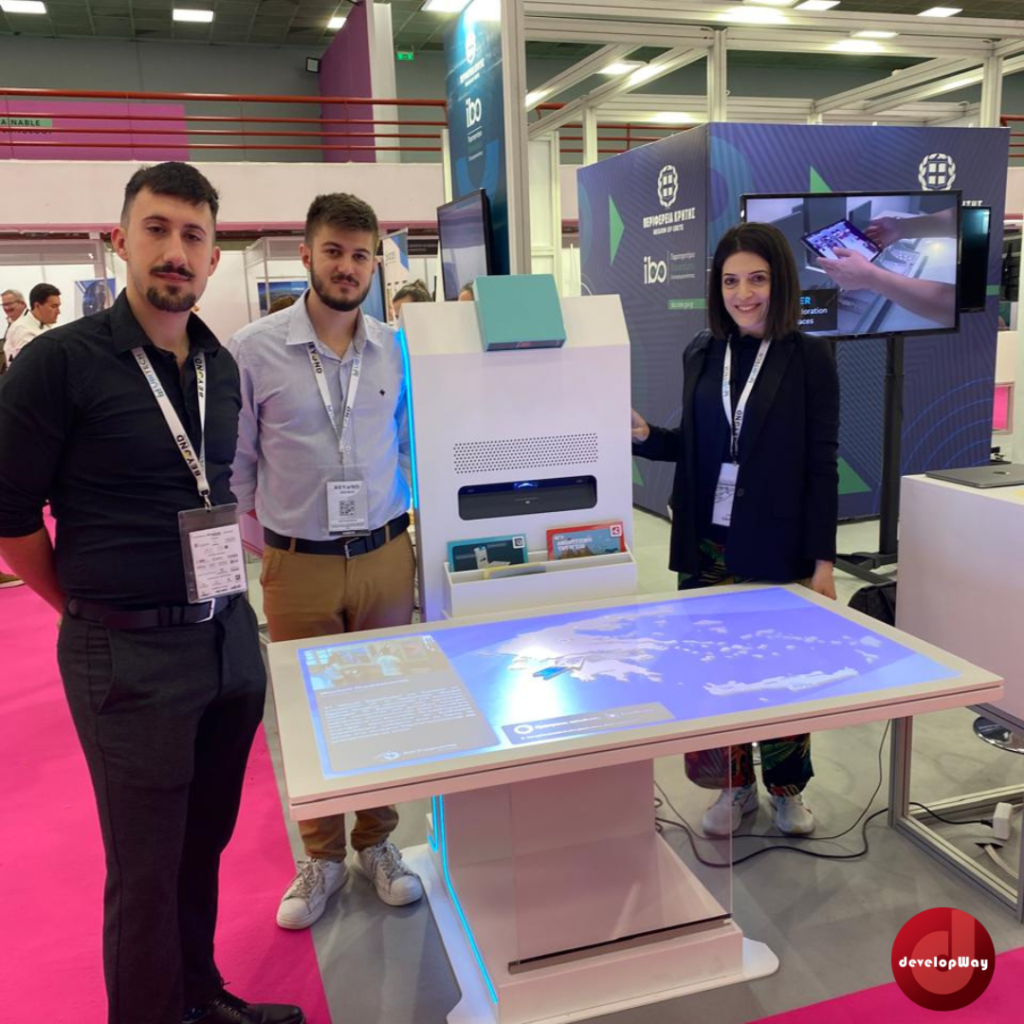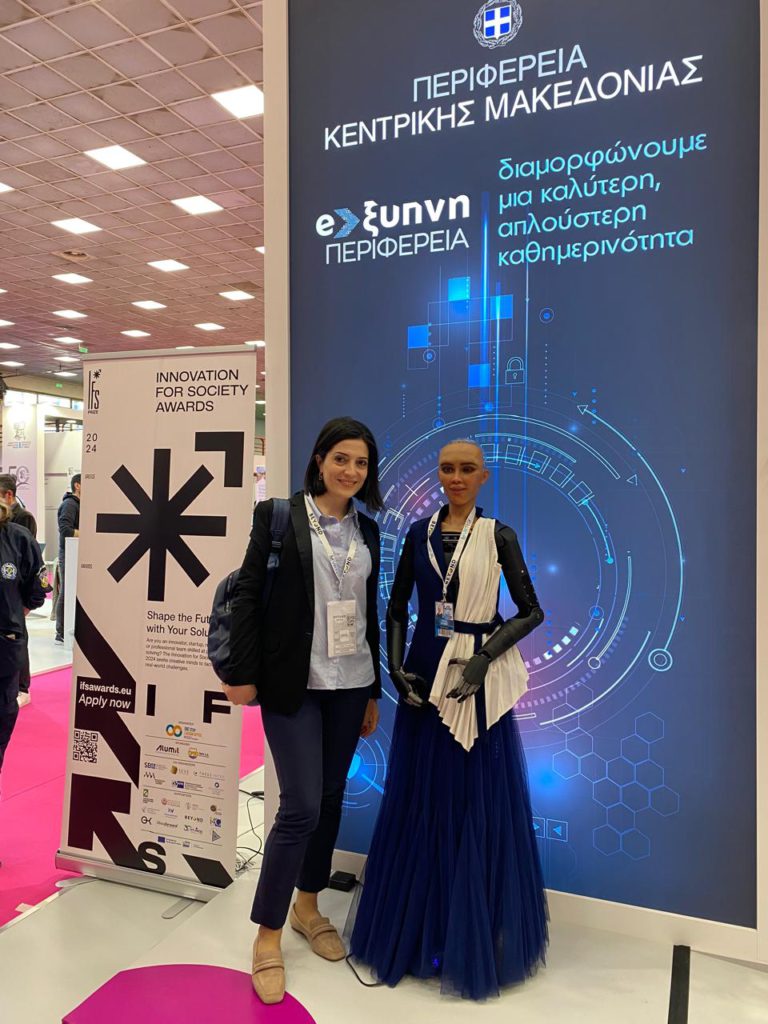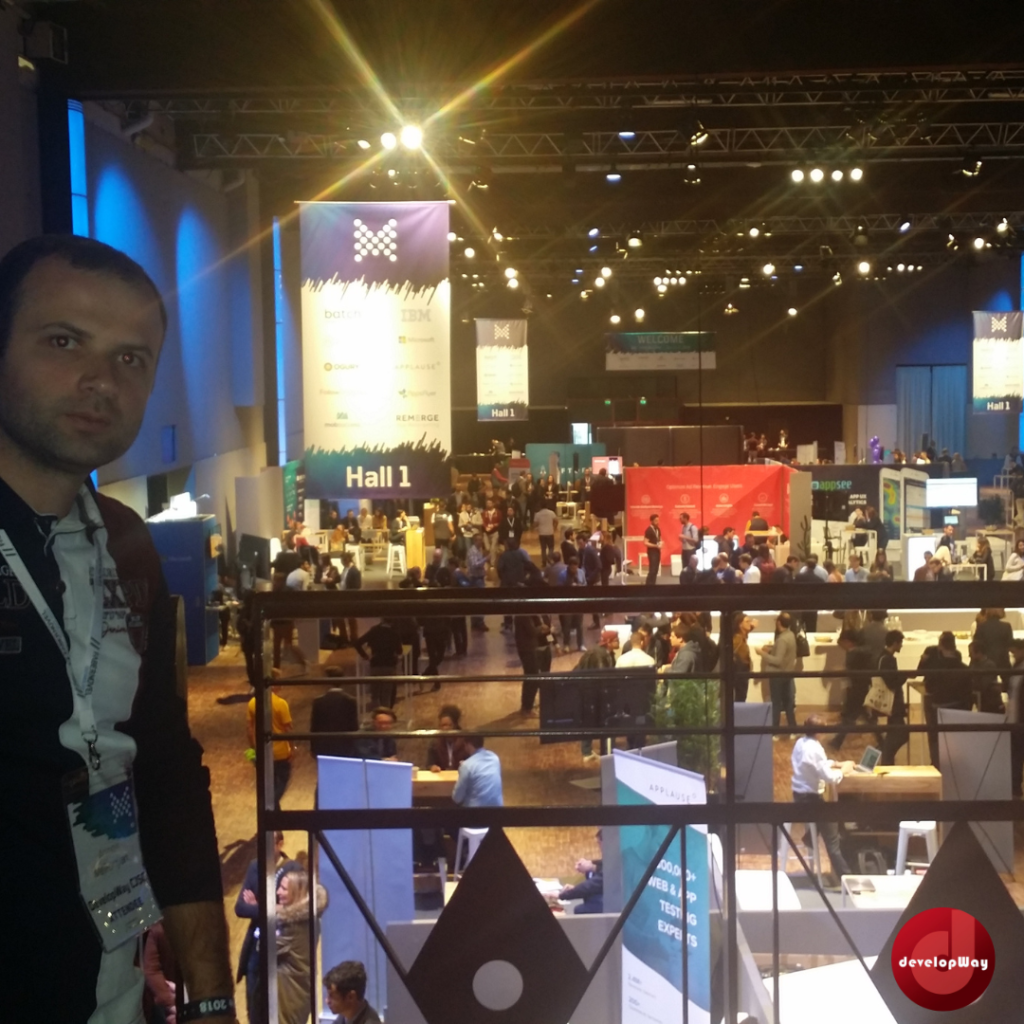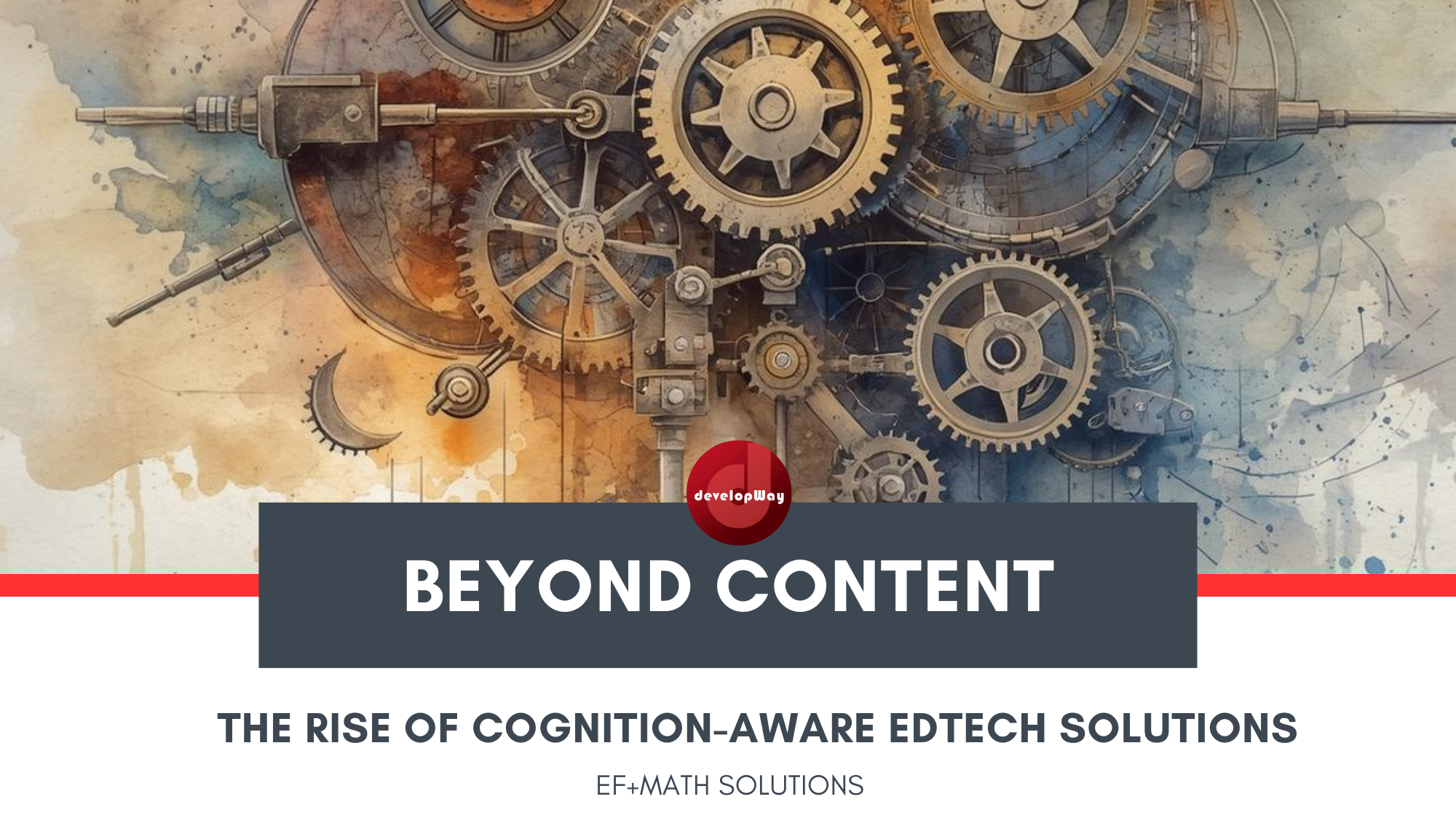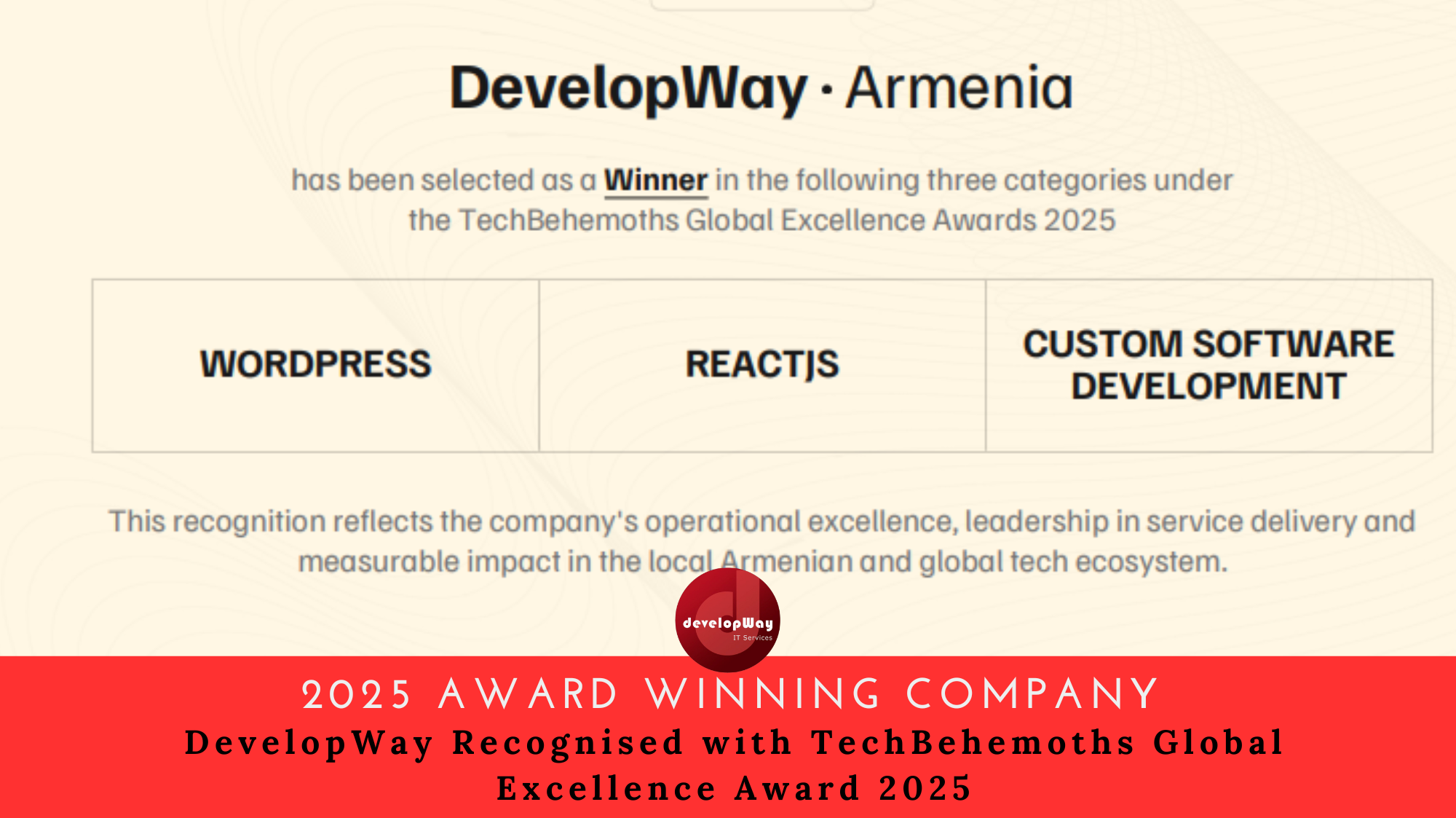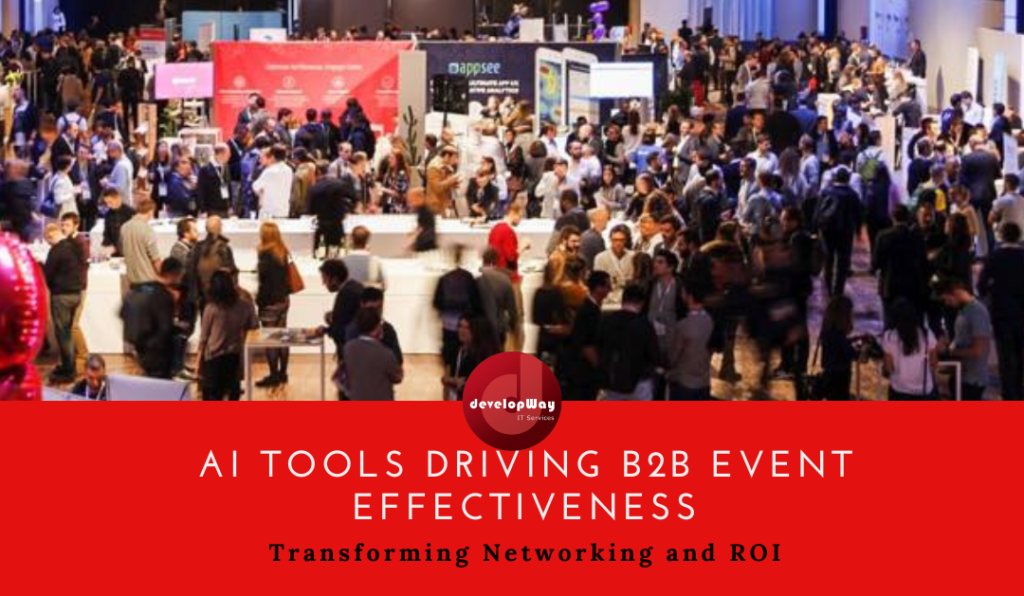
The transformative power of AI is reshaping the way B2B events are planned, executed, and evaluated. From streamlining logistics to delivering highly personalized attendee experiences, artificial intelligence is revolutionizing the event landscape. With technology becoming the backbone of modern events, AI empowers event planners to achieve greater efficiency, enhance ROI, and boost attendee satisfaction. As businesses seek smarter, data-driven solutions, AI stands out as the key to creating impactful and profitable events.
The Changing Landscape of B2B Events
Traditional networking is being redefined. Gone are the days when handshakes and business cards dominated B2B networking events. Today, success hinges on data-driven matchmaking and hybrid event strategies.
Key trends shaping B2B events in 2024 and beyond include:
- The rise of hybrid and virtual formats, which expand accessibility while maintaining the charm of in-person connections.
- A growing emphasis on sustainability, prompting event organizers to minimize environmental footprints.
- The use of real-time analytics to measure engagement and improve event outcomes dynamically.
As event planners navigate these shifts, they are increasingly leaning on AI to orchestrate seamless, innovative experiences.
How AI Enhances Event Planning
Using AI to Streamline Scheduling and Logistics
AI simplifies complex event logistics by automating tasks like venue selection, scheduling, and resource allocation. Tools powered by machine learning optimize schedules, ensuring minimal overlap and maximum convenience for attendees.
Advanced Forecasting: Predicting Attendee Behaviors
Predictive algorithms analyze historical data to forecast attendee preferences, interests, and participation rates. This allows event managers to tailor content and activities to audience needs, boosting engagement.
Personalized Networking at B2B Events
Networking is at the heart of any B2B event. AI enables event planners to offer curated meeting experiences, transforming generic interactions into targeted, meaningful connections.
Benefits of personalized networking include:
- Increased attendee satisfaction.
- Enhanced opportunity discovery.
- A greater likelihood of long-term partnerships.
By analyzing attendee data, AI helps craft interactions that align with individual goals and industry-specific needs.
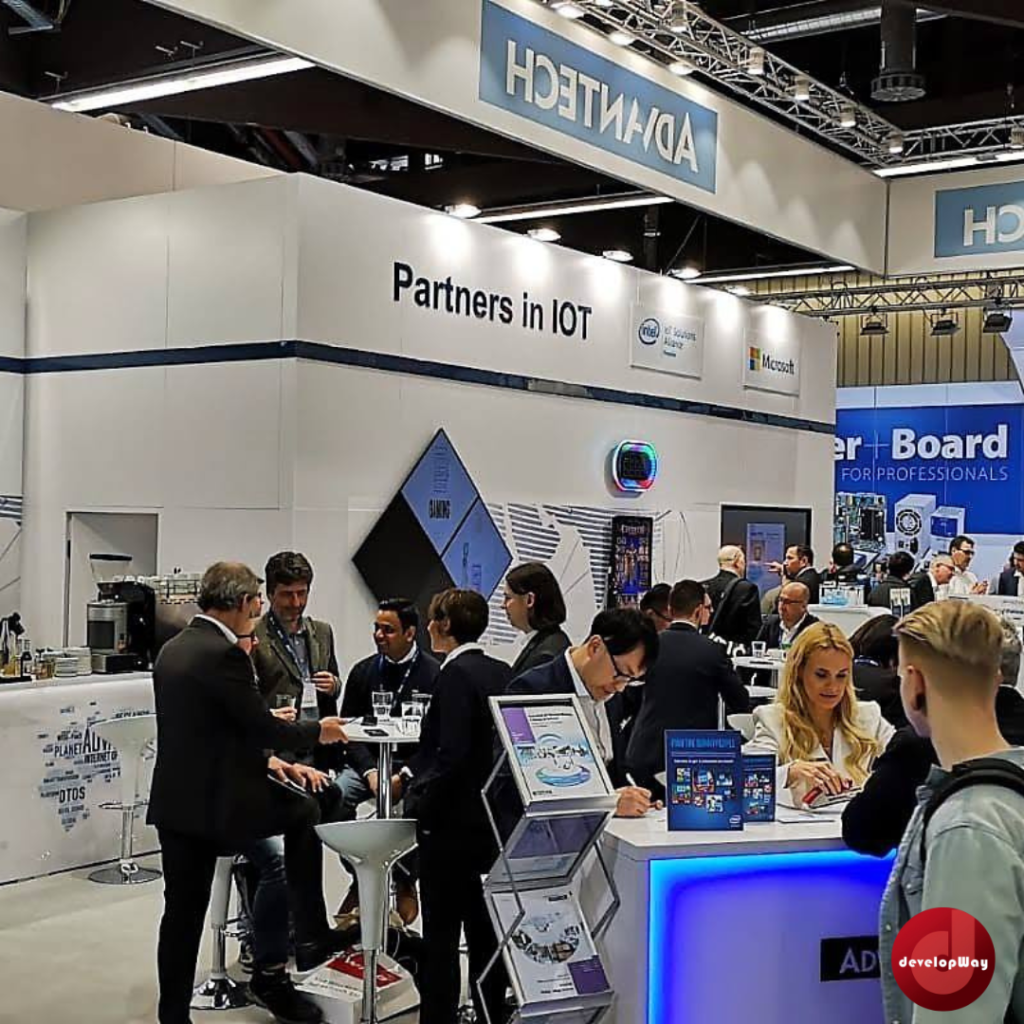
Leveraging AI to Match Attendees Effectively
In the dynamic world of B2B events, the success of networking often hinges on connecting the right people at the right time. AI has revolutionized attendee matchmaking, transforming it into a precise, data-driven process that maximizes value for participants.
AI-Powered Tools for Interest and Goal-Based Matching
Traditional networking often feels like finding a needle in a haystack. AI changes this by analyzing attendee profiles, including their industries, business objectives, past interactions, and expressed interests. Platforms such as Grip and Brella employ machine learning to identify complementary goals among participants, ensuring matches are meaningful and mutually beneficial.
For example, a manufacturing startup looking for distributors could be matched with established logistics providers. Similarly, a SaaS company seeking partnerships might find ideal collaborators among attendees offering complementary solutions. AI removes the guesswork, allowing participants to focus on building impactful connections rather than sifting through irrelevant contacts.
Real-Time Data Analysis to Identify Optimal Meeting Partners
One of AI’s most powerful features is its ability to adapt in real time. As attendees interact during the event, algorithms continuously analyze behavior and feedback to refine matchmaking suggestions. For instance, if an attendee’s stated goal shifts from exploring partnerships to finding investment opportunities, AI adjusts its recommendations accordingly.
Event organizers also benefit from this capability. Real-time insights allow them to monitor attendee engagement, identify underutilized opportunities, and intervene proactively to enhance the overall experience. The result is a dynamic, responsive environment where every interaction is optimized for relevance and success.
By leveraging AI-driven matching tools, B2B event planners ensure that attendees leave with valuable connections, paving the way for long-term collaborations and business growth.

AI Tools for Researching Networking Partners
The foundation of successful networking lies in preparation. Understanding your potential partners—their goals, challenges, and opportunities—sets the stage for meaningful conversations. AI tools empower participants with actionable insights that make every interaction count.
Using AI to Gather Insights on Attendees' Professional Backgrounds
Gone are the days of manually researching LinkedIn profiles or scanning company websites. AI streamlines this process by collecting and analyzing publicly available information about attendees. Tools like Clearbit and People.ai gather data such as professional achievements, company size, industry focus, and even recent projects or press mentions.
This wealth of information enables attendees to tailor their approach. A sales executive can better understand a potential client’s organizational priorities, while a product manager can identify specific pain points that align with their solutions. This preparation leads to more targeted, productive discussions.
Understanding Networking Partners’ Goals, Challenges, and Opportunities
AI tools don’t just collect data—they analyze it to reveal deeper insights. For example, sentiment analysis can assess a company’s online presence, identifying recurring themes in their messaging or public statements. Natural language processing (NLP) can summarize challenges they’ve faced or innovations they’ve prioritized.
Consider a scenario where a marketing agency attends a B2B event to find eCommerce clients. AI tools could reveal which companies are expanding their digital footprint or investing in omnichannel strategies. This allows the agency to approach potential clients with tailored solutions that address specific needs, instantly adding value to the conversation.
Moreover, predictive analytics can forecast the potential success of partnerships. By comparing historical data and industry trends, AI tools help attendees prioritize connections that align with their long-term goals.
By equipping participants with these insights, AI elevates the quality of interactions, transforming casual introductions into opportunities for collaboration and innovation. Event planners who integrate these tools into their events not only enhance attendee satisfaction but also position their events as hubs for strategic business development.
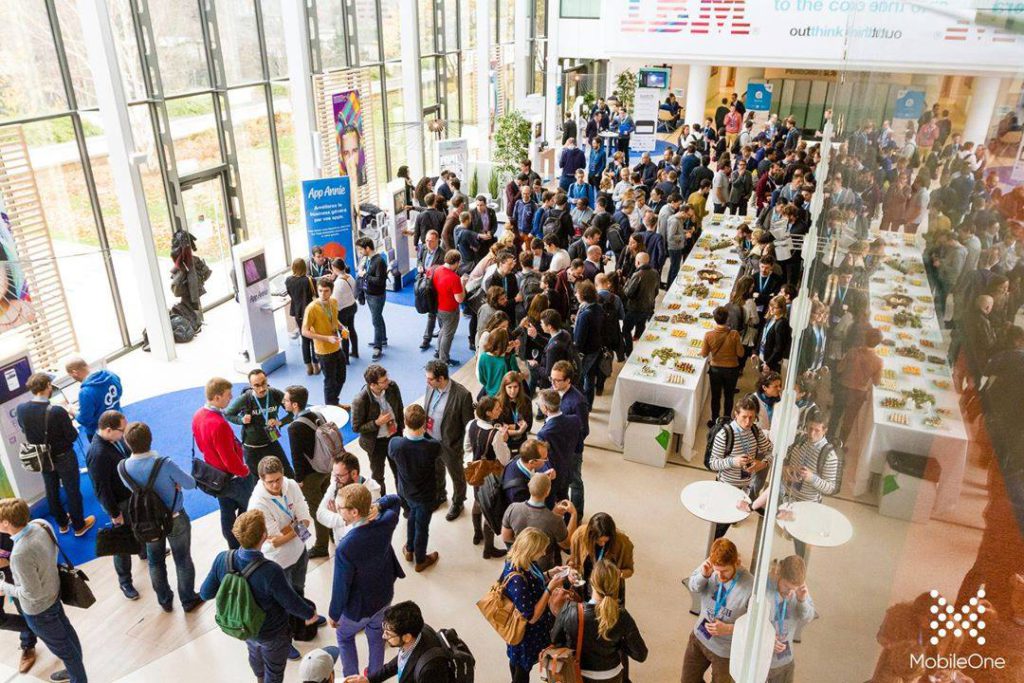
Planning Meeting Content with AI Support
Creating relevant, impactful meeting content is a cornerstone of successful B2B events. AI tools bring precision and personalization to the planning process, ensuring discussions are focused, actionable, and aligned with attendees’ objectives. By analyzing attendee data and industry trends, AI empowers event planners to craft meeting content that resonates with participants and maximizes the value of every interaction.
Developing Targeted Discussion Topics Based on Partner Profiles
AI tools can sift through vast amounts of attendee data, including professional roles, past event participation, and stated goals, to recommend discussion topics tailored to individual needs. For instance, if a CFO is attending with a focus on optimizing supply chain costs, the AI might suggest sessions or breakout groups that delve into automation technologies or financial strategies in logistics.
Platforms like Conversica or Chorus.ai use natural language processing (NLP) to identify themes and topics that are most relevant to attendees. These tools ensure that meeting agendas address specific pain points or aspirations, transforming generic conversations into value-driven dialogues.
Additionally, AI can help group attendees with complementary interests into curated discussions. Imagine a B2B event on sustainable manufacturing where suppliers, buyers, and sustainability consultants are grouped to discuss circular economy practices. The result is a more meaningful exchange of ideas that fosters collaboration and innovation.
AI-Generated Recommendations for Shared Opportunities and Solutions
AI extends beyond identifying discussion topics—it actively highlights shared opportunities between attendees. By analyzing profiles, business goals, and industry data, AI tools can suggest areas where collaboration could yield tangible benefits. For example, an AI-powered platform might recommend a partnership between a software developer and a marketing agency based on complementary strengths and market demands.
These tools can also generate personalized recommendations for post-meeting actions. For instance, after identifying a potential business partner, attendees might receive suggestions to explore joint ventures, co-branded campaigns, or product integrations. By providing these actionable insights, AI ensures that meetings aren’t just discussions but also catalysts for future growth.
Furthermore, predictive analytics enable event planners to anticipate the success of proposed discussion topics and adjust them in real time. This level of agility ensures that meeting content remains relevant and impactful, even as attendee dynamics evolve during the event.
By leveraging AI to plan meeting content, B2B event planners can create a structured yet flexible framework for productive interactions. The result is a more personalized, goal-oriented experience that drives meaningful outcomes for all participants.
Tools to Facilitate Seamless Networking
Platforms That Combine Scheduling, Insights, and Real-Time Support
Innovative platforms like B2Match and Grip provide a centralized hub for scheduling, attendee insights, and communication. These tools ensure smooth interactions throughout the event.
Key Features for Effective Meeting Management
- Booking and Confirming Meetings: AI automates meeting requests and confirmations.
- Real-Time Notifications: Attendees receive instant updates to keep track of changes.
- Comprehensive Follow-Ups: Tools generate detailed summaries post-meeting, ensuring next steps are clear.
AI-driven platforms simplify meeting management through automated scheduling and confirmations. However, as highlighted by DevelopWay CJSC in a GoodFirms article, the role of dedicated support staff remains critical in ensuring personalized follow-ups and seamless scheduling.
Creating a Comfortable Networking Environment
The environment plays a critical role in the success of B2B networking events. Thoughtfully designed spaces, combined with attendee-focused amenities, foster meaningful connections.
Key elements to consider include:
- Private and Group Meeting Spaces: Lounge areas, breakout rooms, and quiet zones accommodate diverse interaction needs.
- Amenities for Comfort: Refreshments, charging stations, and interactive touchpoints enhance the overall experience.
- Ambiance and Decor: Lighting, acoustics, and design create a welcoming atmosphere conducive to collaboration.
Maximizing Post-Event Connections
AI-Generated Meeting Summaries and Follow-Up Recommendations
AI compiles detailed meeting summaries, offering actionable insights and recommendations for next steps. This ensures participants leave with clear value from their interactions.
Post-Event Analytics to Measure Networking Success
Post-event tools evaluate metrics like attendee satisfaction, engagement levels, and conversion rates. These insights help planners refine future event strategies.
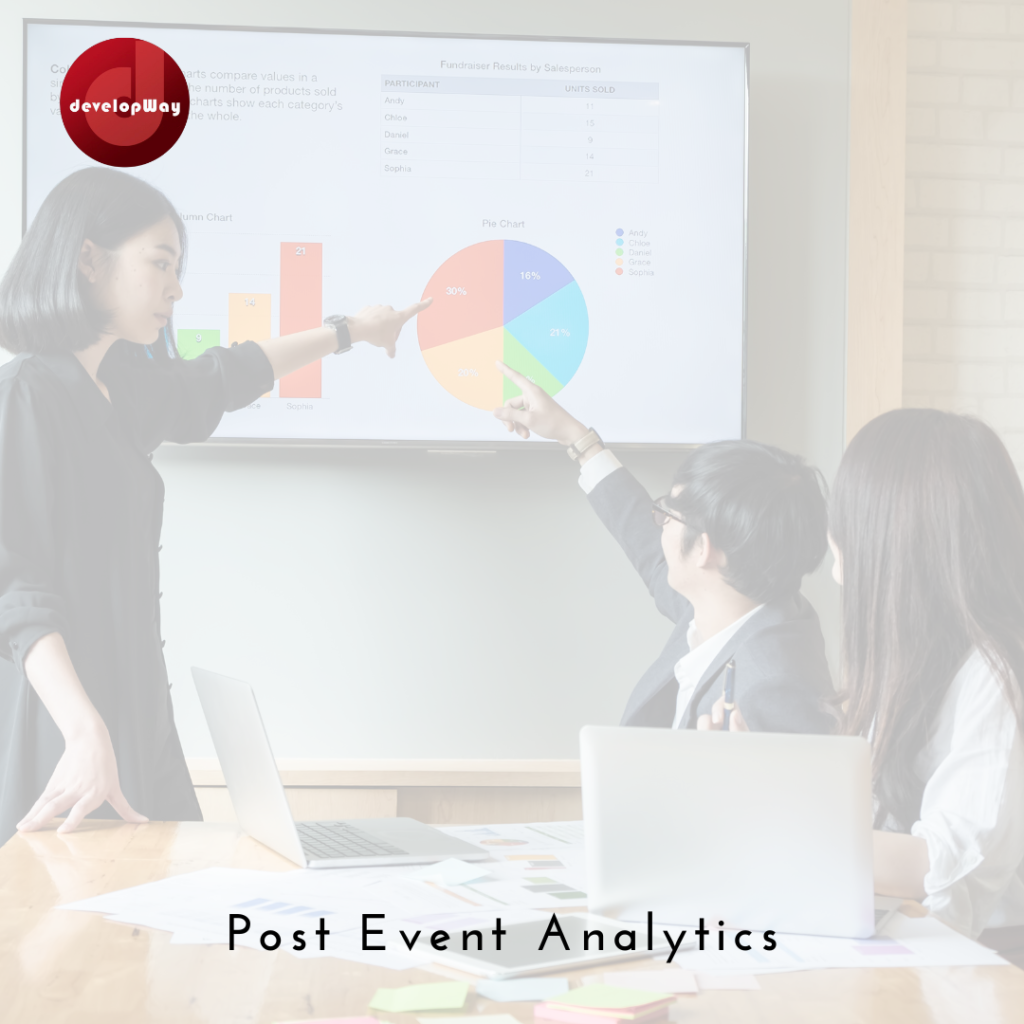
Conclusion
AI is revolutionizing the way B2B events are organized, shifting the focus from quantity to quality in both planning and networking. By leveraging advanced tools, businesses can deliver smarter, more purposeful meetings that drive meaningful connections and measurable outcomes. As technology evolves, the future of B2B event management promises to be more efficient, personalized, and impactful than ever.
